Are you mostly forgot something but want to know how to remember things that you forgot?
Mostly People ever forgot something or someone. Sometimes we come in a room but have no idea what we came there to do? Also had the name of something or someone on the “tip of your tongue” but difficult to fairly remember?
Our brain is able for collecting, handling, as well as keeping large amounts of info, however, in some cases slip-ups even sometimes forgot what we are talking about? If you are finding the best way, then you are in the right place because in this article you will get different memory techniques.
Here are memory techniques on how to remember things that you forgot?
Understand The Stages
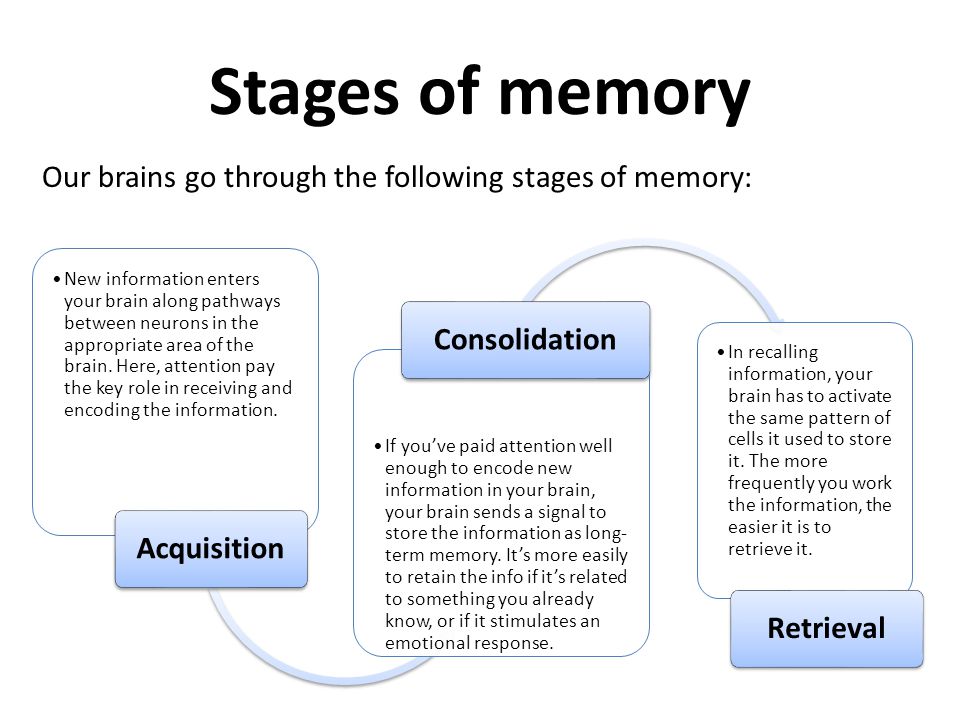
To remember something, your brain requires to go by three stages: retrieval, acquisition and also consolidation (in some cases known as recall).
In the acquisition stage, details that you’ve merely learned saved in your short-term memory. If you are not giving attention to something, like where you place your glasses before leaving the room, you’re possibly to forget their place when you come back.
In the consolidation stage, info that you’ve learned is moved into long-term memory. This is most possible to happen if this information connects to various other long-term memories of yours like related to historical or essential events.
In the retrieval stage, details saved in your memory is retrieved by activating the neuronal pattern used to keep it. This stage is usually where the impression of having something “on the tip of your tongue” happens, as well as there are some things you can do to help this stage.
Also Read: How To Increase Mental Focus
Backtrack Your Steps
Research has actually discovered that a great deal of memory is “context-dependent,” people are much better at learning details in an environment that matches the environment in which that detail was learned.
For instance, if you are thinking about something in the living room and also forgot it by the time when you reached in the kitchen, go back to the living-room. Possibly the familiar context will absolutely help you to retrieval skipped details.
Create A Mental Memory Tree
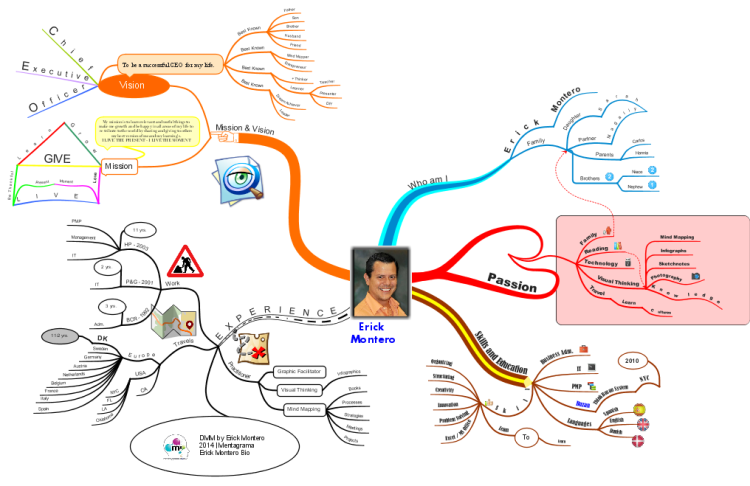
If you’re trying to learn a lot of details, find a way to connect them in your mind visually by a memory tree. Create huge branches first, after that leaves. Branches, as well as leaves, need to carry labels that are directly significant to you in some way, and also the organization of the details (” leaves”) must be relevant.
Also Read: How To Concentrate On Studying For Exams
Close Your Eyes

A current study suggests that shutting your eyes can improve your capability to recall information. This can help because you are removing disturbances and also can much better focus on memory and even its details. This is the best way to recall things.
Relax

Anxiety can make it challenging to memorize the necessary information. If you have a hard time memorizing something, do not struggle up over it; taking deep breaths to relax and after that try to think of the details.
Also Read: How To Memorize Long Answers in Short Time
Create “Distinctive Signs” While Remembering Something

You can encode information into long term memory if it is related to distinctive info that can help as a hint. Anything can help as a hint, but comparing new information to things you already memorize is a suitable method.
For instance, if your friend is talking to you at the cafe and she tells you her future birthday, try linking the memory of the discussion to something you already memorize well: Jenny informed me her birthday was on August 9. That’s exactly a week after my brother’s birthday ceremony. So remember that idea.
Remembering Names

The factor you fail to remember names isn’t because you are “poor with names,” it’s because you aren’t entirely paying attention or do not listen well. Sometimes we are so afraid about satisfying the individual or upset over making a great impression that your brain isn’t refining the essential info: their name.
Push apart any other ideas, deal with the person fairly, look them in the eye, and also listen. Make remembering this individual’s name your top preference in the minute. There are many tactics to remember names or things, but this one is perfect for you.
Attach Memories To A Particular Place
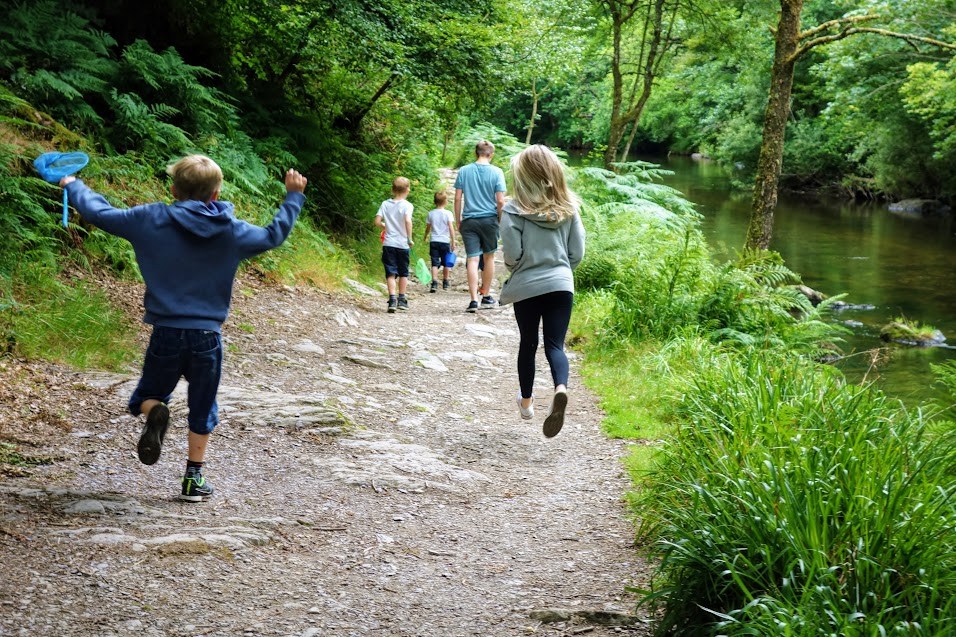
Memory is extremely attached to the environmental contexts in which the info is initially learned. You can utilize this attachment to help you to record details for retrieval later on.
As an example, orally connect the details you want to remember to the location: When we reached that new cafe on Main Street, Jenny told me that her birthday was on August 9.
Create A Memory Palace
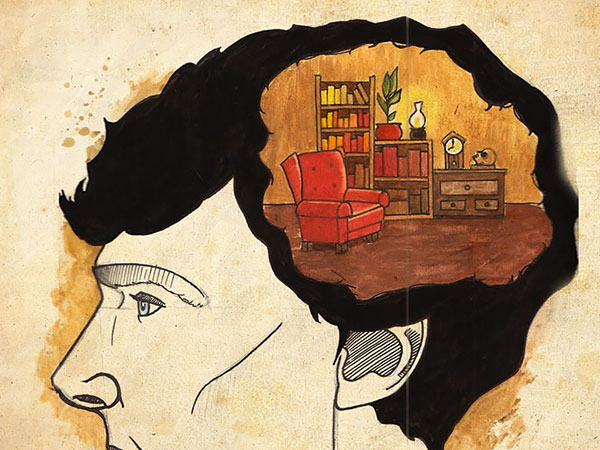
A memory palace is a helpful general strategy used to create links between information and environmental contexts.
This method takes some practice to improve. However, it can be beneficial for saving information that you intend to bear in mind because it makes connections between places and memories.
How To Remember To Do Things?

Repeat on your own. For example, If you are entering into the bedroom to get your medication, just shout medicine. Repeating the thought take it active in your short-term memory. This will help you to remember to do things.
Try Chunking Info
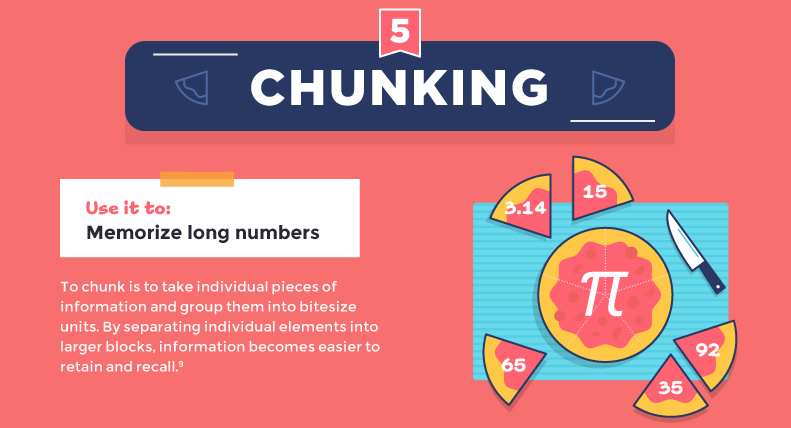
This means you divide a part of details, like the number 8374668809, into smaller pieces: 834 466 8809. You can better keep in mind the details in smaller portions than as one long sequence, or by each specific item of more information.
Summary
Research has actually discovered that a great deal of memory is “context-dependent,” people are much better at learning details in an environment that matches the environment in which that detail was learned.
If you’re trying to learn a lot of details, find a way to connect them in your mind visually by a memory tree. You can encode information into long term memory if it is related to distinctive info that can help as a hint. A memory palace is a helpful general strategy used to create links between information and environmental contexts.
In The End
Thanks for moving with us hope this article will surely be practical for you. In this article, you get different memory techniques on how to remember things that you forgot? Kindly share this info with others. Never forget to share your suggestions with us so comment below.

I am Kate, a dedicated health advocate. My purpose is to educate you regarding the most current wellness trends, offer science-backed insights to enhance your understanding, and present actionable tips to support you on your journey towards a healthier and happier life. Let us commence this wellness path together!
